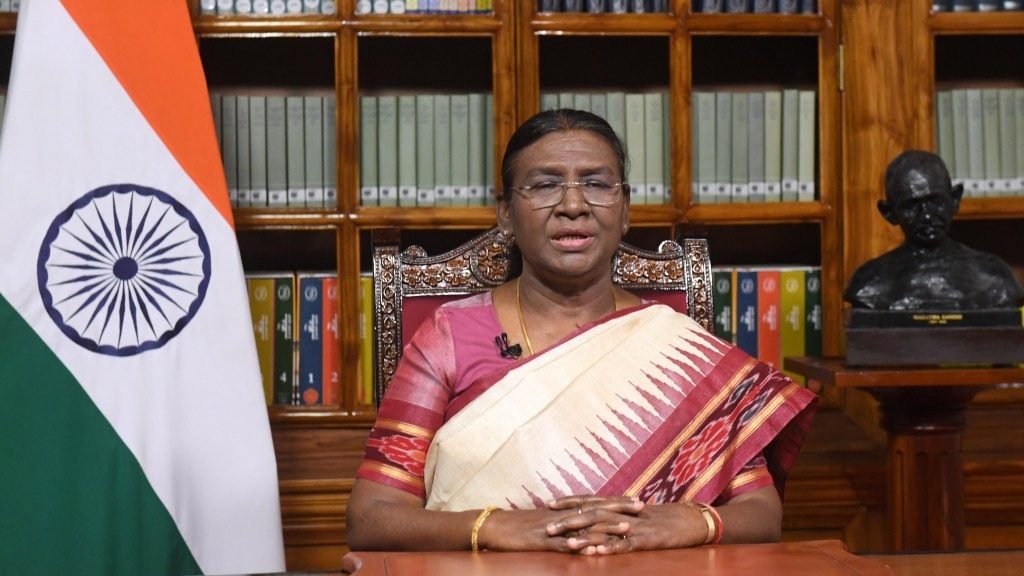In a setback for the ruling CPI(M) in Kerala, President Droupadi Murmu has refused to give assent to three Bills passed by the State Legislative Assembly, including one aimed at removing the governor from the position of chancellor of universities in Kerala.
However, bringing some relief to the party, the President approved the Kerala Lokayukta Amendment Bill, 2022, which limits the powers of the anti-corruption watchdog, following which the government now has the authority to either reject or accept the ombudsman’s report.
Also Read:Rahul Gandhi to quit Wayanad? CPI fields Annie Raja on Congress scion’s Lok Sabha seat
An official communication from the Raj Bhavan stated, “Hon’ble President of India has withheld assent to the following Bills which Hon’ble Governor Shri Arif Mohammed Khan had referred to Rashtrapati Bhavan for consideration. The bills withheld are Kerala University Laws [Amendment No.2] [Divesting Governor from the position of Chancellor of Universities] Bill 2022, University Law Amendment Bill 2022 [Expansion of Search Committee for the Appointment of Vice Chancellor] and the University Law Amendment Bill 2021 [Appellate Tribunal issue and other amendments to Technological University and others]. Of the seven bills which Governor Arif Mohammed Khan referred to the Rashtrapati Bhavan in November last year, assent has been accorded to only one Bill, namely, Kerala Lokayukta Amendment Bill 2022. Decision on other three Bills is awaited,” according to the Indian Express.
Amid ongoing tensions between the Governor and the state government, eight bills passed by the Kerala Assembly in the last two years remain pending with Raj Bhavan. Last November, the state government moved the Supreme Court against the Governor, citing delays in clearing bills passed by the Assembly. At that time, eight bills were awaiting approval from Arif Mohammed Khan.
The Supreme Court directed the office of the Governor to review its verdict in a similar case filed by the Punjab government, wherein the top court ruled that Governors could not ‘thwart the normal course of lawmaking.’
Following this, Khan gave his assent to one of the eight bills pending with him – the Kerala Public Health Bill. The remaining seven bills were reserved for presidential assent.
The three bills related to higher education and universities were intended to limit the governor’s powers in universities, ostensibly giving the government an upper hand in the appointment of Vice-Chancellors.


